RBI cuts repo rate, raises hopes of cheaper loans ahead of festive season
Wed 05 Oct 2016, 11:02:29
The Reserve Bank of India on Tuesday announced a 25 basis point cut in the policy interest rate (repo), making it possible for home, car and consumer durable goods loans to get cheaper ahead of the festive season.
This was the first monetary policy decision taken by the newly constituted Monetary Policy Committee where all the six members, including RBI Governor Urjit Patel, two RBI officials and three government-appointed members, unanimously decided for a cut in the interest rate.
The rate cut was cheered across the board by the government, the market, banks, industry and manufacturers who termed it “long overdue”. The RBI delivered the last rate cut of 25 basis points in April.Taking the lead, India’s largest private sector bank, ICICI Bank, already lowered the lending rate 5bps to 9.05%. Analysts said this will make way for lending activities to pick up.
SBI Chairman Arundhati Bhattacharya said banks will continue to transmit rates based on evolving liquidity scenario. SBI and ICICI Bank have already been seen bringing down their marginal cost lending rates in the past few
weeks.
weeks.
Patel said the rate cut was possible because of a strong improvement in agricultural sowing coupled with a better supply side management by the government. The RBI governor hoped that the rate cut, along with the reduction in small-saving rates by the government, will encourage banks to pass on the benefit to borrowers.
After the latest cut of 0.25%, the repo rate stands at 6.25%, which is lowest since November 2010. Following the rate cut, the Sensex closed 91 points higher. Banking stocks gained and the rupee strengthened to as much as 66.38 per dollar, its highest level since September 7. Car makers, including Maruti, Hyundai and others, called it a “festive gift”. Finance Secretary Ashok Lavasa said the decision will go down well with all sectors of the economy.
In a short and low-profile post-policy press conference, also his first after taking over as the governor, Patel raised concerns over bad loan problems of the public sector banks. But unlike the “deep surgery” recommended by his predecessor Raghuram Rajan, he suggested a pragmatic approach which did not hurt the infrastructure sectors.
No Comments For This Post, Be first to write a Comment.
Most viewed from Business
AIMIM News
Latest Urdu News
Most Viewed
May 26, 2020
Should there be an India-Pakistan cricket match or not?
Latest Videos View All
Like Us
Home
About Us
Advertise With Us
All Polls
Epaper Archives
Privacy Policy
Contact Us
Download Etemaad App
© 2026 Etemaad Daily News, All Rights Reserved.

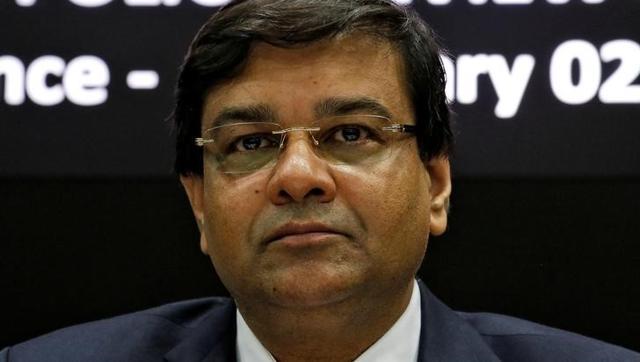
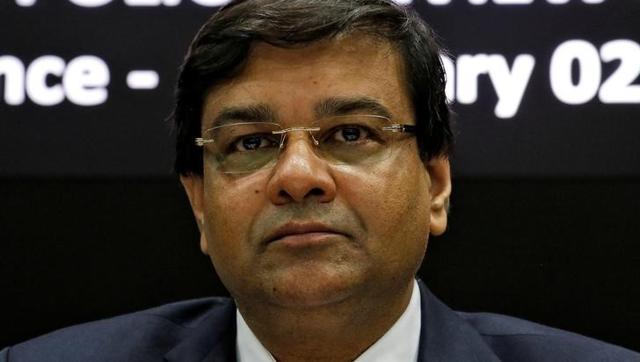


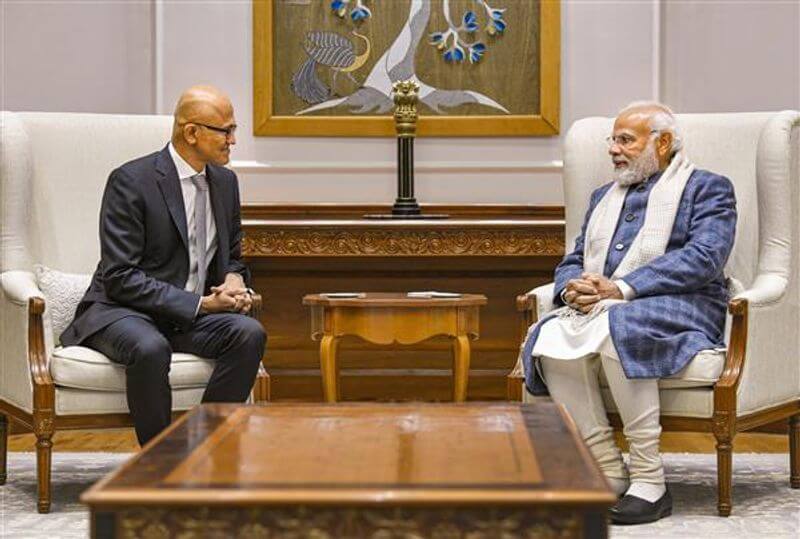

.jpg)
.jpg)


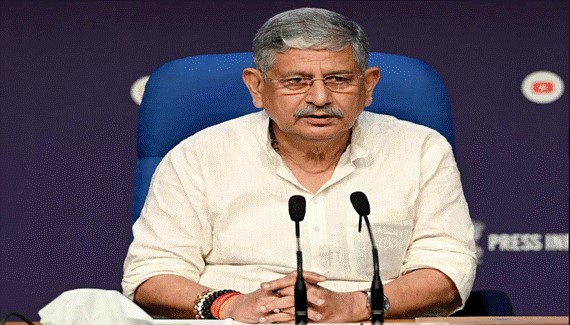

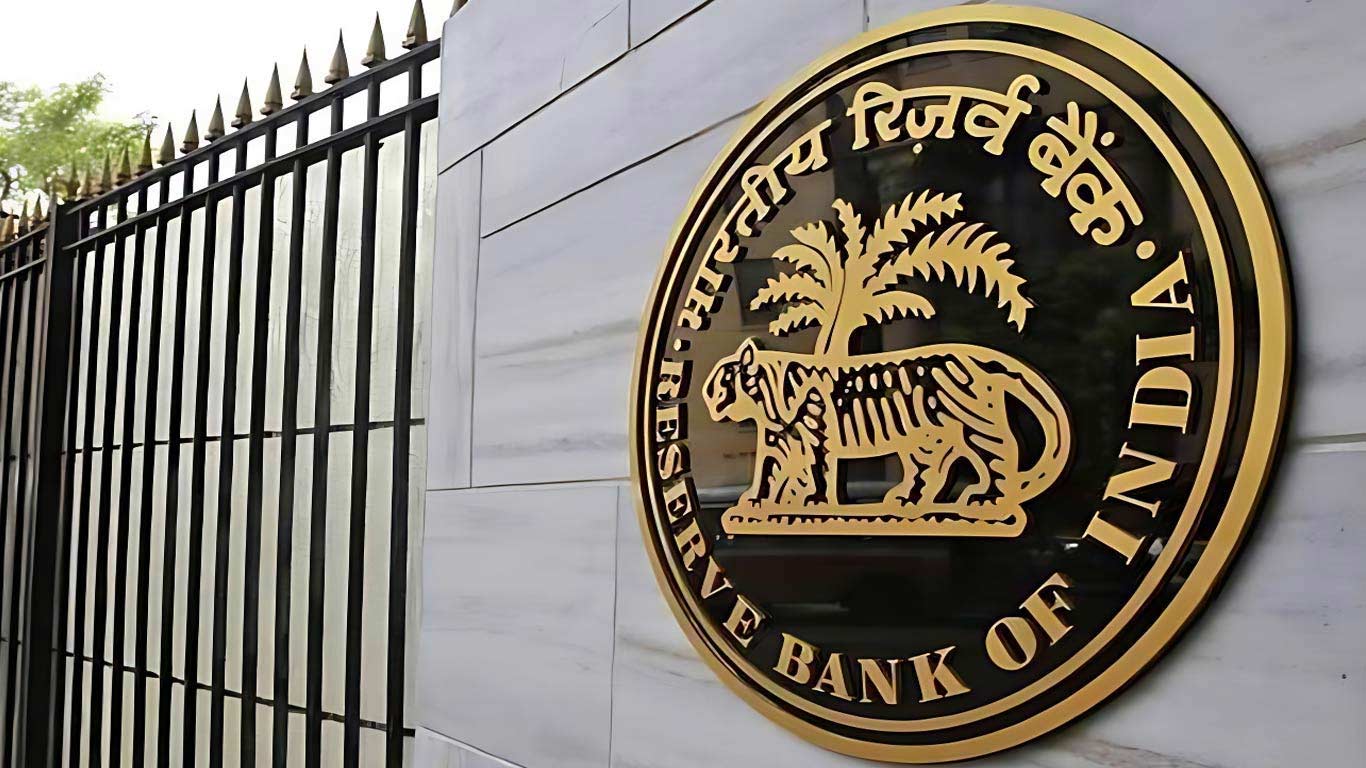













.jpg)
.jpg)
.jpg)


